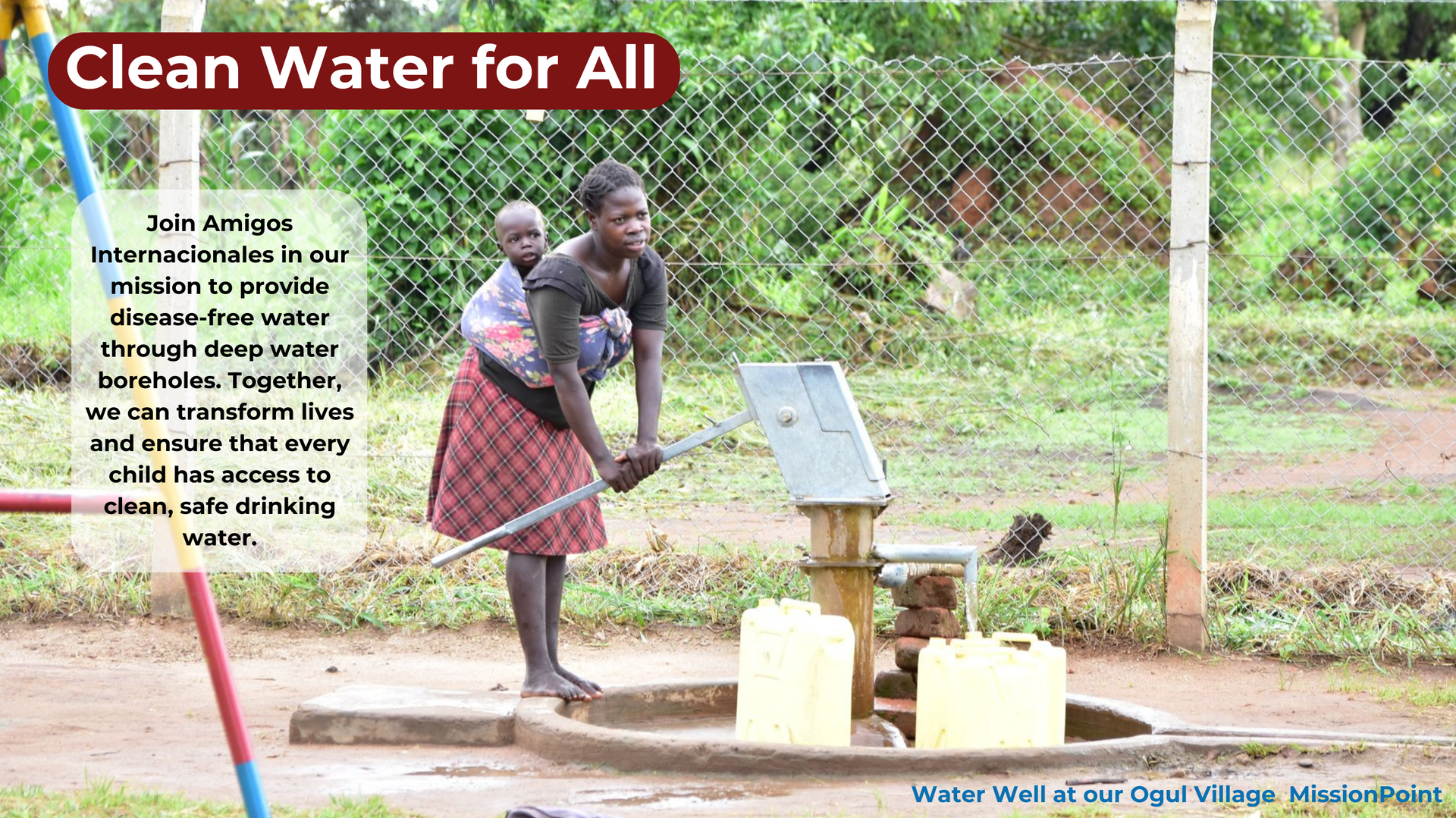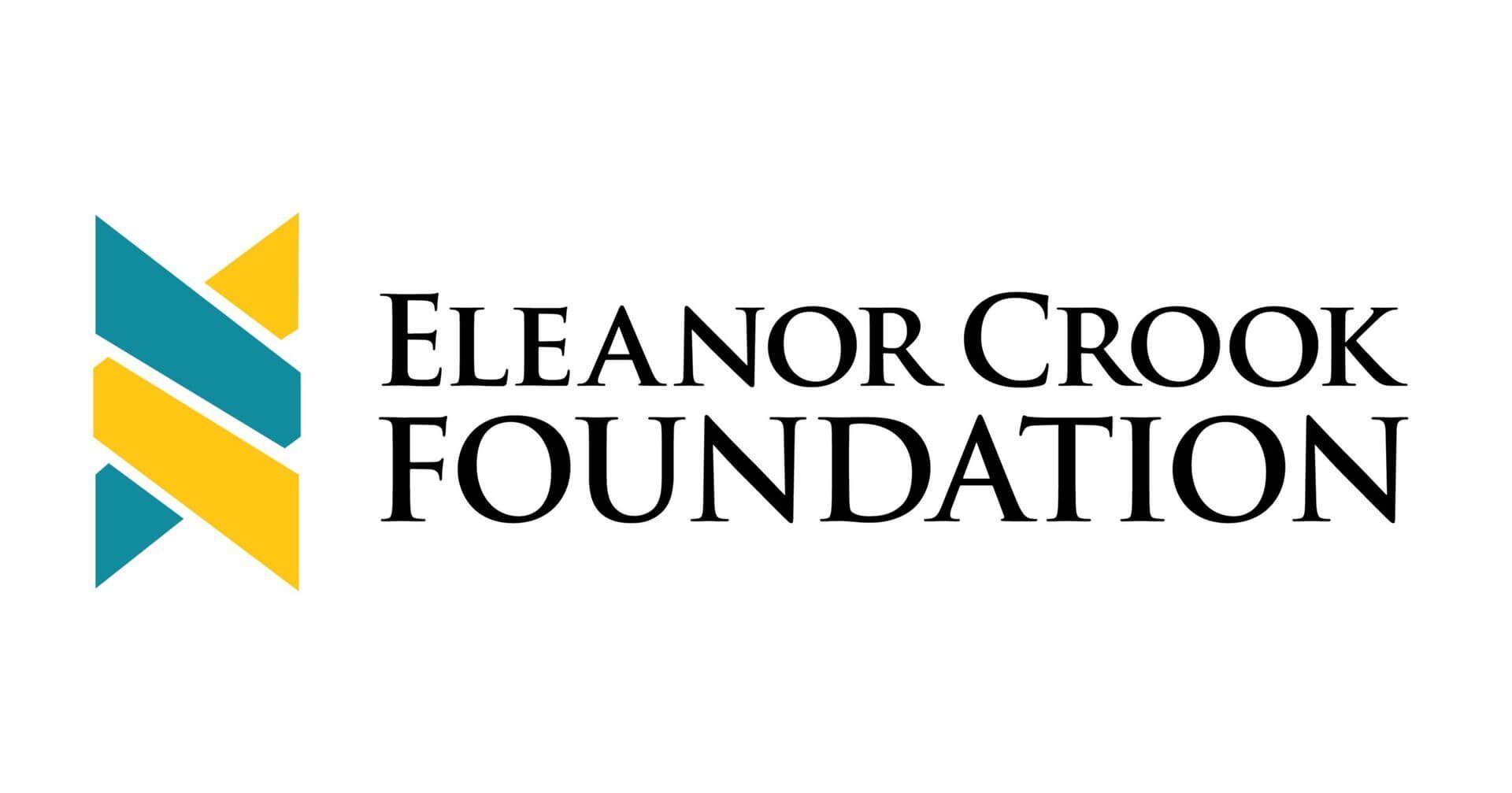Crisis intervention is designed to offer immediate, short-term help to individuals who have experienced an event that produces emotional, mental, physical, and behavioral distress. Workers in this field, including those at Missionpoint, excel at de-escalating situations and providing support and resources. They focus on helping individuals achieve safety, relief from distress, and improved coping skills. The overarching goal is to stabilize the individual and provide a path to recovery. Crisis intervention can occur in various settings, including hospitals, schools, and community organizations like Missionpoint, which are dedicated to fostering a supportive environment for all.
Impact of Crisis Intervention on Communities
The positive effects of crisis intervention are felt worldwide, with key impacts including reducing crime rates, promoting safety, and bolstering mental health. Missionpoint initiatives contribute to these outcomes by:
- Engaging local communities to foster a sense of belonging and collective resilience.
- Offering mental health support that is both inclusive and culturally sensitive.
- Rebuilding community infrastructure and services, which is crucial to the recovery process.
Case Studies on Crisis Intervention Success Stories
Real-life success stories, including those from Missionpoint's own experience, serve as powerful testaments to the transformative power of crisis intervention. These narratives showcase the effective strategies and heartfelt dedication that lead to significant community and individual improvement.
Transformative Benefits for Individuals and Families
At the heart of Missionpoint's mission is the transformation of communities and the stabilization of individuals and families. By addressing immediate needs and providing timely intervention, the organization has seen firsthand the uplifting impact on the well-being of those affected by crises.
Strategies Used in Crisis Intervention
Missionpoint's approach to crisis intervention mirrors many tried-and-true strategies, such as:
- Active Listening: Ensuring every individual feels heard and validated.
- Empowerment: Encouraging active participation in decision-making processes.
- Assessment and Planning: Tailoring plans to meet the unique needs of each situation.
- Collaboration: Bringing together a support network for a coordinated response.
Key Players and Organizations in Crisis Intervention
Missionpoint joins the ranks of organizations like the Red Cross and Doctors Without Borders in making a significant impact during crises. Along with government agencies, local NGOs, and dedicated volunteers, these groups form a robust network of support.

Global Impact of Crisis Intervention
Missionpoint's global outreach reflects the broader impact of crisis intervention, with success stories across diverse nations showcasing the far-reaching benefits of these programs.
Challenges and Opportunities in Crisis Intervention
Despite the challenges, including resource allocation and cultural sensitivities, Missionpoint views these as opportunities to innovate and strengthen community ties.
Measuring the Success of Crisis Intervention
Missionpoint evaluates the success of its interventions through various indicators, such as reduced violence, improved mental health, and enhanced community engagement.
Conclusion: Empowering Communities through Crisis Intervention
In conclusion, Missionpoint's commitment to crisis intervention is a testament to the organization's dedication to empowering communities and fostering sustainable progress and resilience.
Categories







Social Media





























